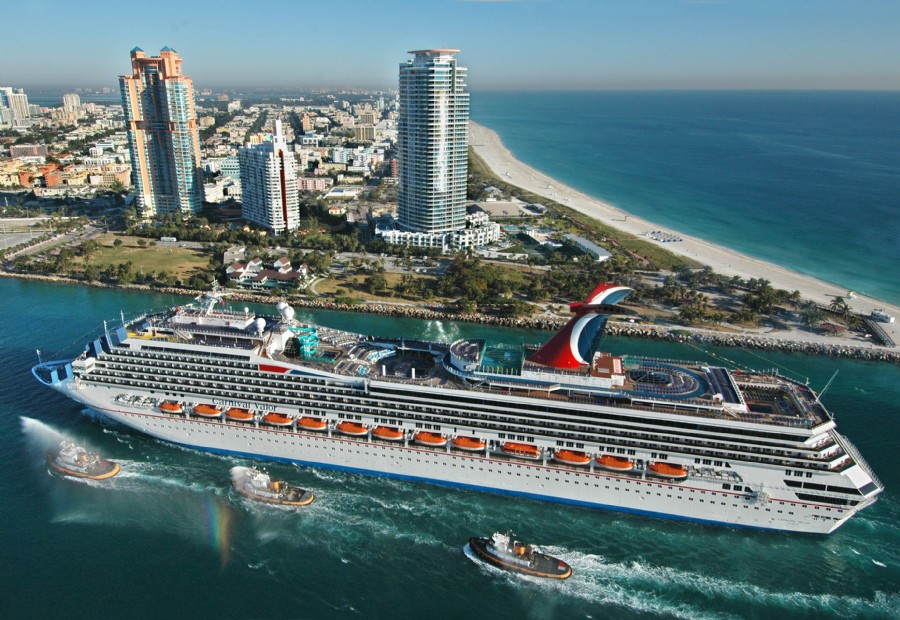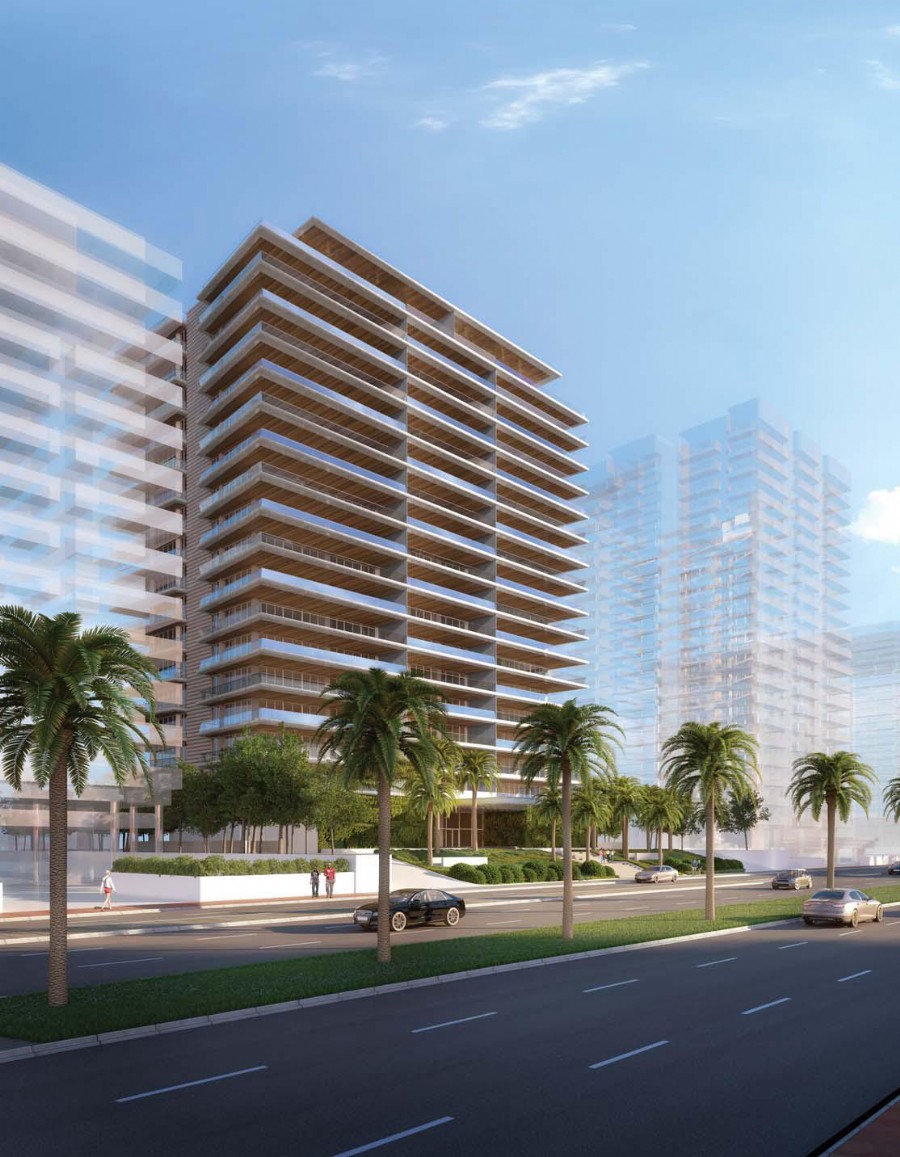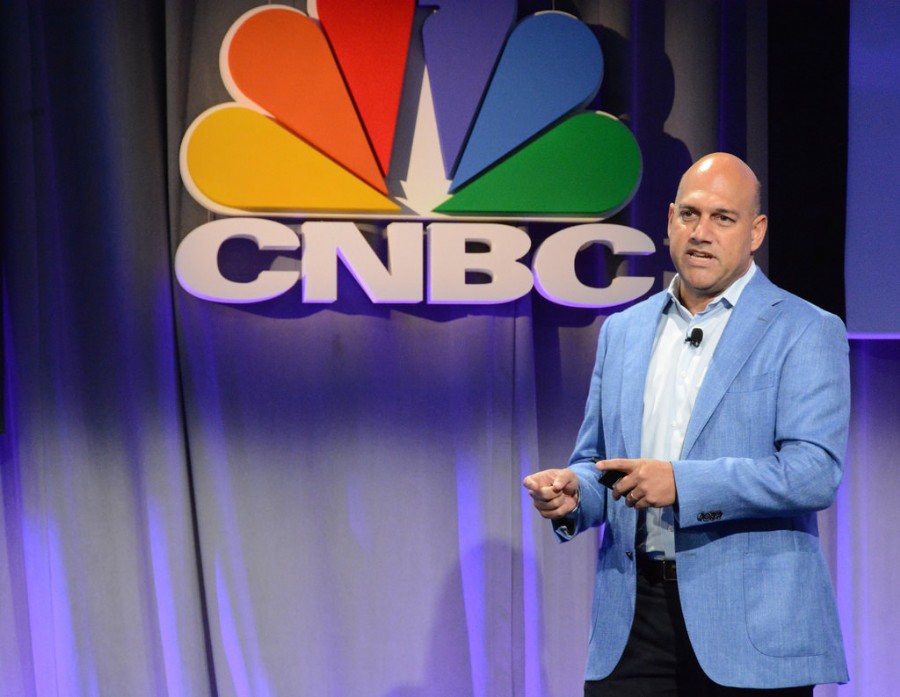Global real estate adviser Knight Frank's newly appointed European Capital Markets Board are optimistic for the future of the European real estate markets, as the industry arrived at Expo Real, the international trade fair for real estate and investment.
Andrew Sim, Head of Global Capital Markets, Knight Frank said, "The Eurozone is showing good economic growth for the first time since the Global Financial Crisis and we are seeing stability and growth across Europe's main real estate markets of the UK, Germany and France along with positive noises emanating from the increasingly attractive Dutch market."
"Despite the uncertainty over the Brexit negotiations, the UK is experiencing record low levels of unemployment. London in particular is continuing to power ahead, with confidence indices rising and office take-up by the tech and creative sectors actually having increased in the first half of 2017 compared with the same period in 2016.
"The upshot is that London remained the most active investment market in Europe in the first half of 2017, with prices having risen to pre-Referendum levels despite an air of uncertainty.
"We expect an increase in activity as the prospect of a two or three year 'transitional' deal for Britain when leaving the European Union sinks in, leaving more and more investors expecting the return of the London capital markets 'status quo'."
Hanns-Joachim Fredrich, Head of Capital Markets Germany, Knight Frank also commeted, "In Germany pricing is looking sharp, with offices in central business districts trading at record levels with record demand forcing up prices. Investment into Frankfurt has significantly increased due to the ongoing Brexit discussions, however a lack of suitable product is hindering its deployment.
"All property classes are benefiting from the strong investor demand, not only prime offices and retail but also hotels, residential and healthcare. Due to the extremely high investor demand for residential, there is a shortage of commercial developments within Germany's top seven cities. Most office developments are pre-let two or three years before completion.
"Knight Frank recommends now is the time to activate existing land with building rights and start speculative development to benefit from the shortage of existing schemes underway and the strong take-up of the dwindling office space available."
Vincent Bollaert, Head of Capital Markets France, Knight Frank also commented, "The election victory for President Macron has given the market a tremendous boost. There is belief, momentum and activity, with the vacancy rate on Paris's Ile de France falling sharply to now sit at 6.6%. In the central business district vacancy rates are now 3.1%.
"Our view is that the occupational market is going to strengthen further as well, and post-Brexit we expect the tech sector to account for up to 15% of total employment in Paris. This is all underpinning a strong investment market, with prime yields sitting between 3% and 3.25% - a record low for the central business district.
"While French investors accounted for 63% of transactions in the first half of this year we are finding there is growing demand from overseas buyers in the second half."
Fred Rikken, Head of Capital Markets Netherlands, Knight Frank said, "Amsterdam is an increasingly attractive destination for investors seeking an alternative to more expensive European markets such as London, Paris and Berlin. High office vacancy rates were previously a concern for those looking to deploy capital, but availability is now rapidly tumbling and supply shortages have emerged in the most sought-after office districts.
"Combined with strong demand from the city's vibrant and expanding technology sector, tight supply will drive rental growth, and create opportunities for new development, however, a lack of suitable core investment product would be the biggest challenge in the next 12 months."
Andrew Sim, Head of Global Capital Markets, Knight Frank, concluded, "Europe's real estate markets are in better shape than at any time since the Global Financial Crisis. We are anticipating consistently positive messaging from investors at this year's conference."
Europe's Commercial real Estate Markets in Best Shape Since Global Financial Crisis













